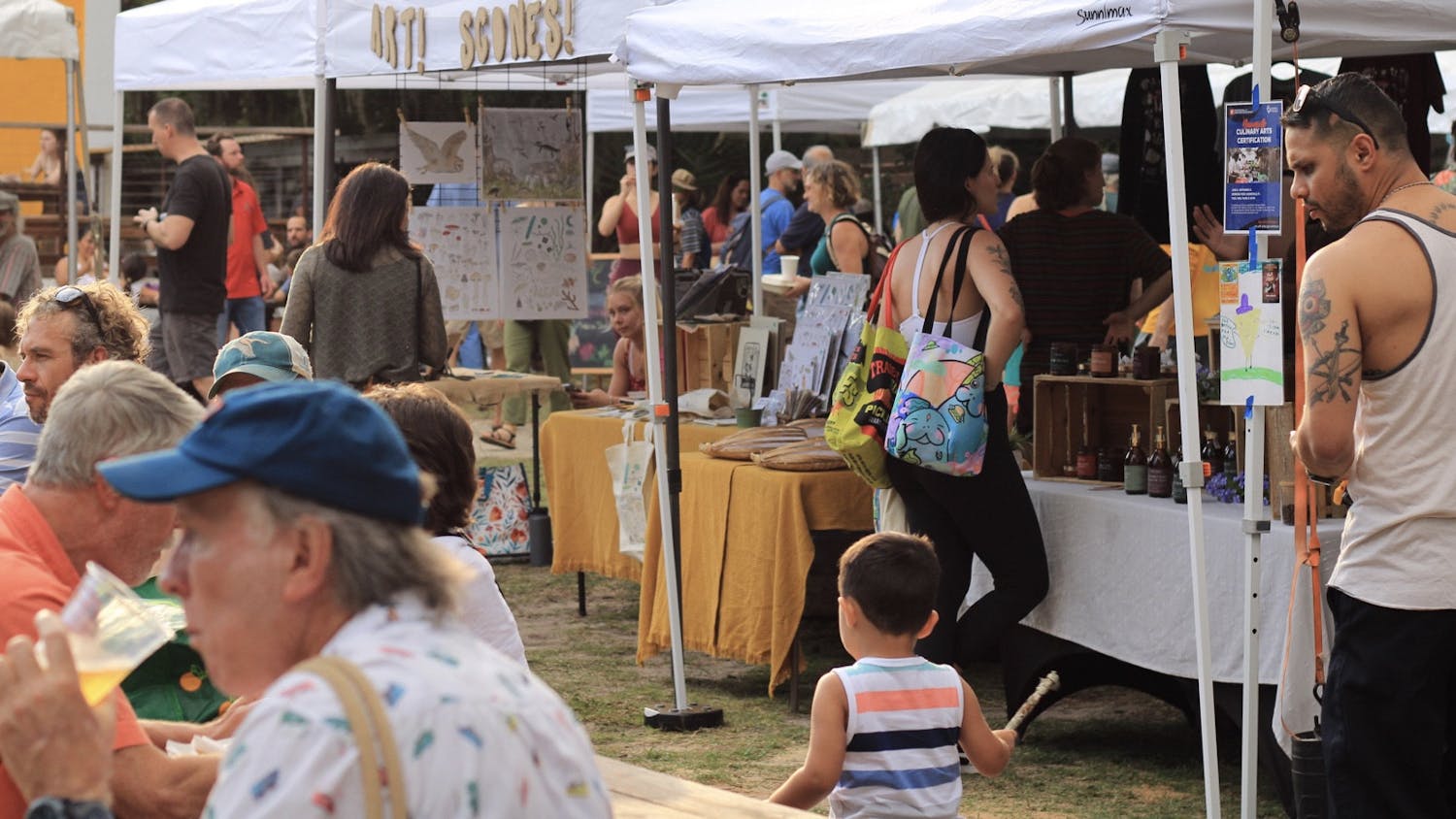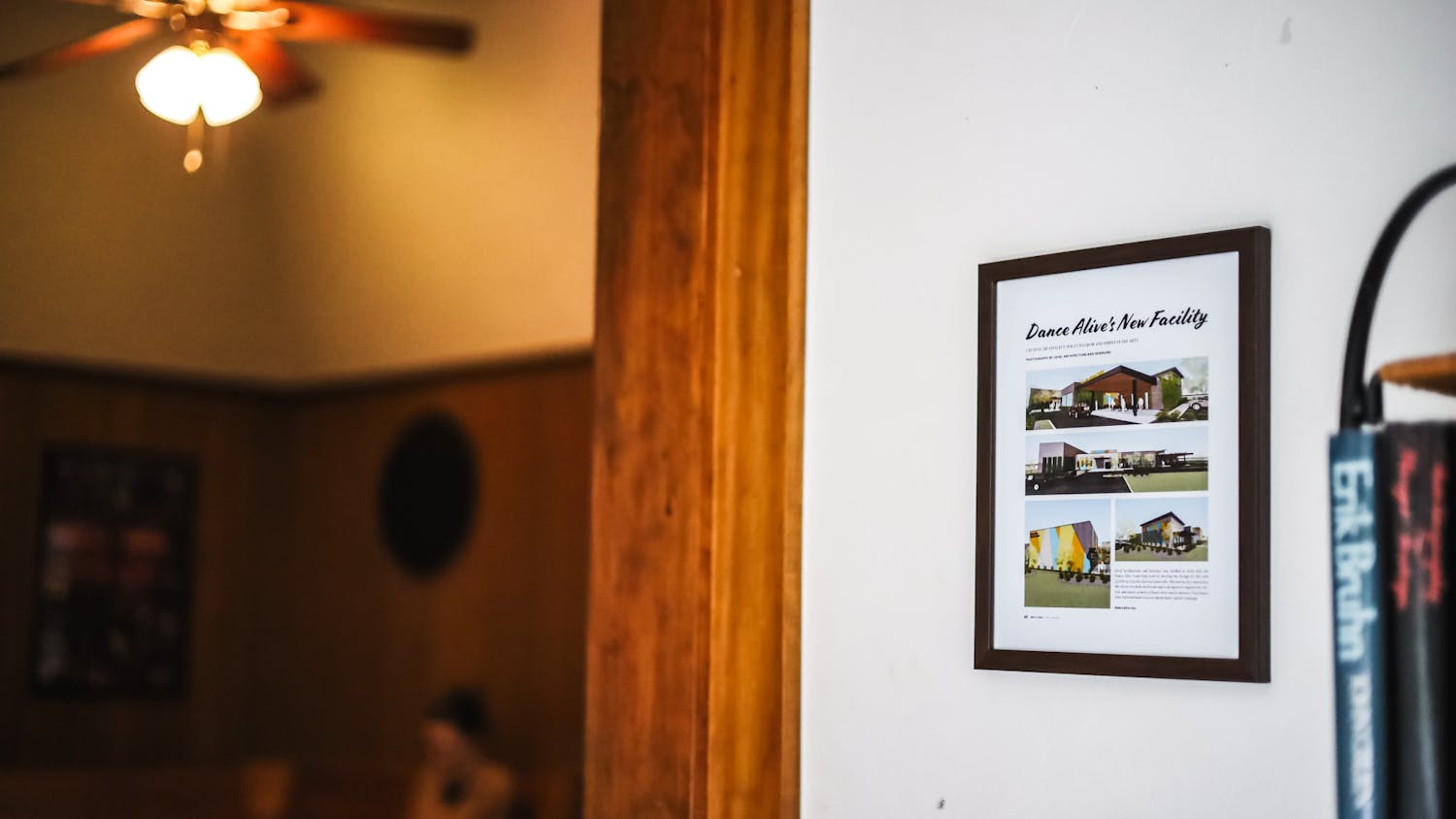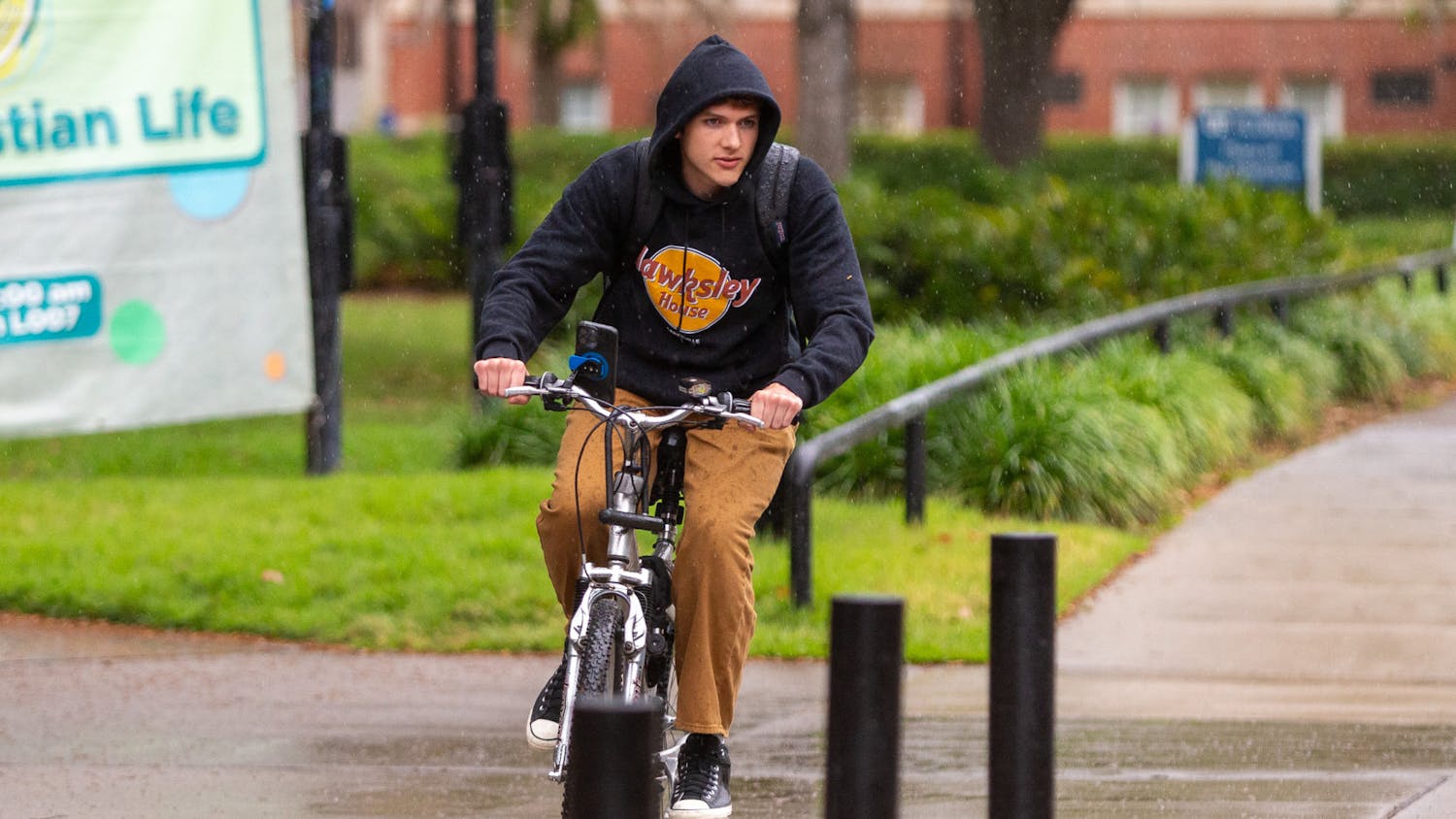Katherine Dunham debuted the theatrical performance “Southland” in 1951 in a theater in Chile. After the performance, she learned the U.S. Embassy had disapproved of its “anti-American” themes — or rather, anti-discriminatory undertones — and banned the theater from performing the show in the U.S. According to Cleo Parker Robinson, a student of Dunham’s, the dance company lost funding and folded soon after as a result of the racism-battling ballet.
In 2000, Dunham expressed at her 90th birthday that her only regret was not being able to show “Southland” in her own home country. With the help of one of Dunham’s former dancers, Julie Belafonte, Parker Robinson accepted the challenge to revive the once-banned ballet.
Because Parker Robinson is half black and has deep feelings about racism, she felt moved to do this piece, saying, “I think it’s my mission to do it.”
However, with Dunham and most of her original dancers now deceased, and the sheet music with all the vocal and instrumental parts for the ballet lost, reconstructing “Southland” was no small feat.
“We had no money, no support, no nothing, except for a vision and hope from Katherine Dunham,’’ Parker Robinson said.
Yet with financial help from the National Endowment for the Arts, the discovery of other, former Dunham dancers Ricardo Avalos and Theo Jamison, who had the sheet music, and the unearthing of the film “The Magic of Katherine Dunham” with original parts of the show in it, the ballet was beginning to come together.
However, there was emotional tension between the Cleo Parker Robinson dance company, and its white dancer Susan Richardson. Richardson feared taking the role of Julie, who accuses an innocent black field worker of raping her, because of how the audience may perceive her.
There was also the issue of reconstructing the complex musical sheet under the one-week deadline. Parker Robinson recalls going to 10 different musical composers until musician Michael Williams agreed to do it.
Robinson hopes that the students will leave the performance realizing the mistakes of the past and will, in turn, work to change the future.
…
The essays, exams and readings from Summer B’s “What is the Good Life?” have more than 1,000 UF freshmen groaning already, but Monday’s and Tuesday’s common activity, required of the HUM 2305 students, is giving students a reason to smile. Cleo Parker Robinson’s dance ensemble has come to the Phillips Center for the Performing Arts and is not leaving unnoticed.
Since the HUM 2305 students will soon be reading “Letter From Birmingham Jail” by Martin Luther King Jr., they will be able to understand the weighty racial themes portrayed in “Southland.”
“We often try for the performances to pick a theme that relates to the module,” said Andrew Wolpert, associate professor of classics and course coordinator for “What is the Good Life?”
“A performance is a cultural event, but it’s also a community event; it plays with your emotions and causes an emotional response. You can see how the artist is asking you to think about different questions and engages with you, and we want to have students to recognize that,” Wolpert said.
Set in early 20th century America, “Southland” depicts the story of a black field hand who is falsely accused of raping a white woman. The ballet incorporates blues and gospel music, and terse, impassioned jerky movements to evoke a sympathetic response.
UF freshman and HUM 2305 student Grant Aiossa responded to the piece saying, “’Southland” was very eye opening. It moved me to see how far we came from such racial tension.”
Fellow freshman political science and public relations major Rachel Reiss said, “It was difficult to figure out the premise, but it was enjoyable for entertainment purposes, and I appreciated the authenticity of the costumes and music.”





